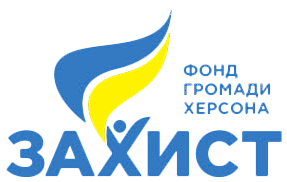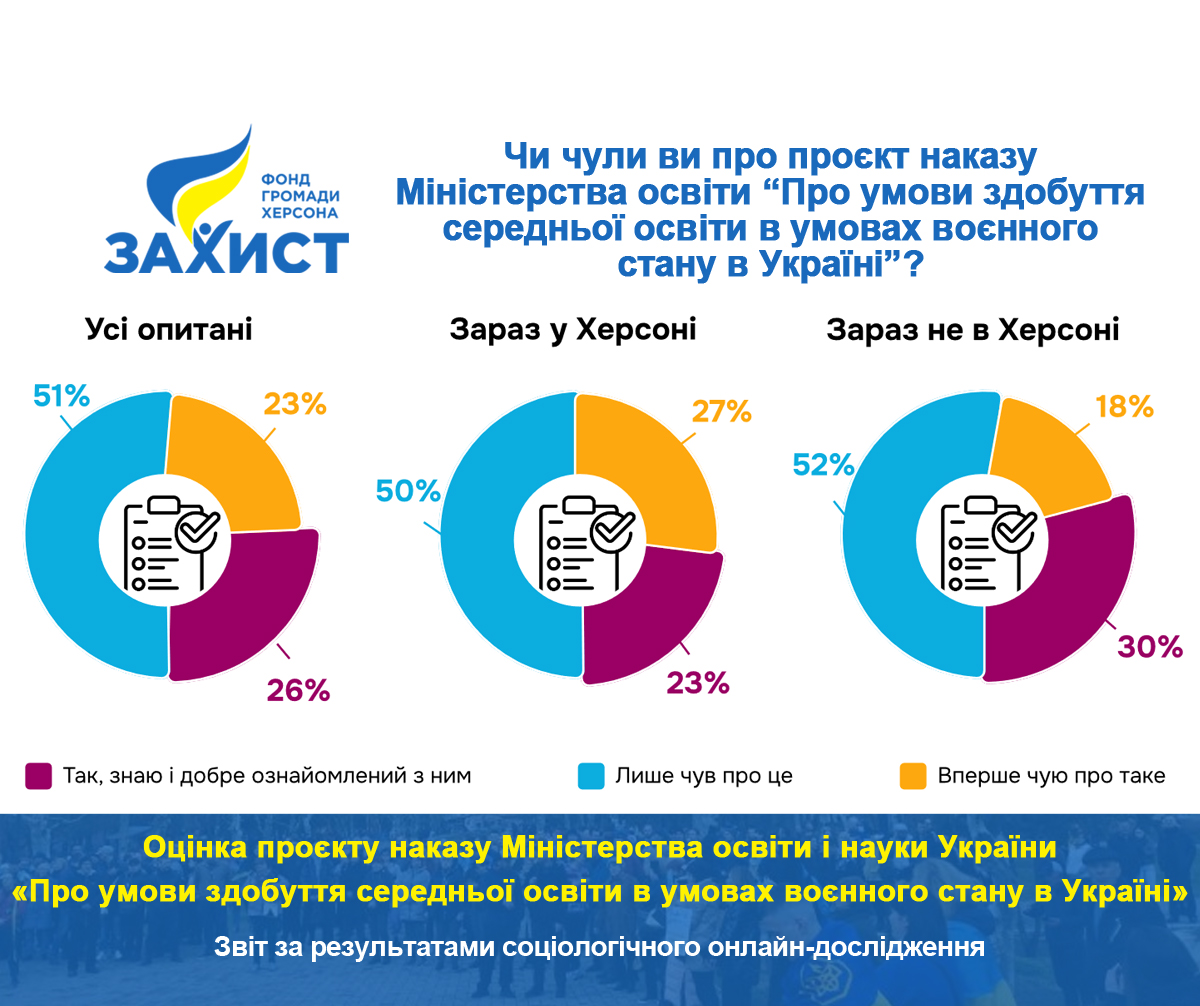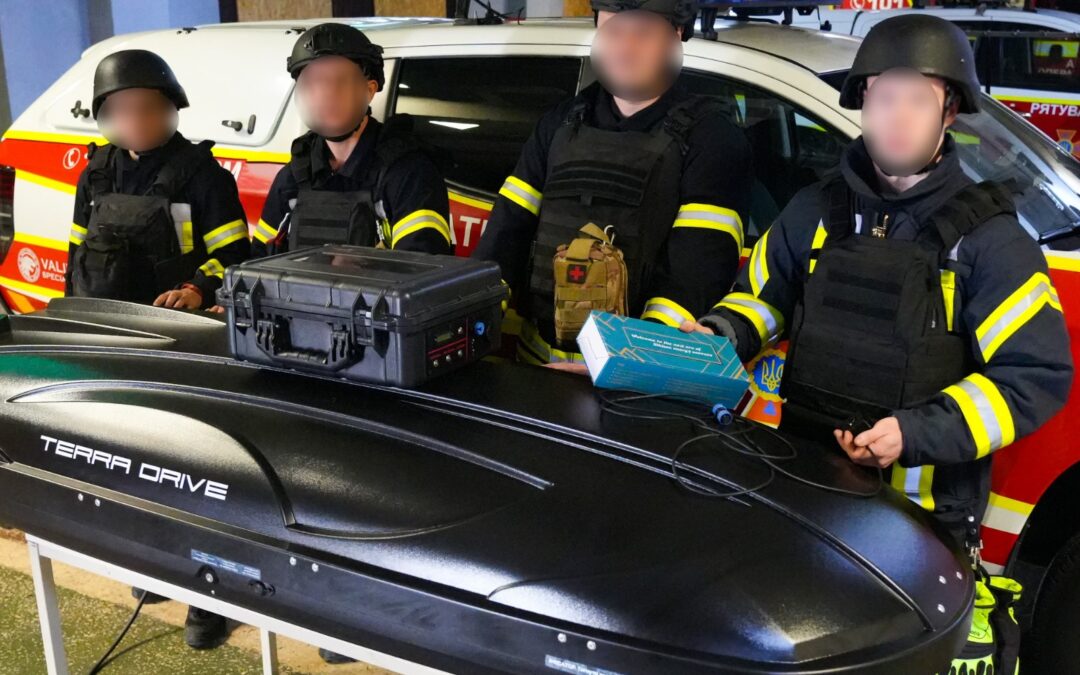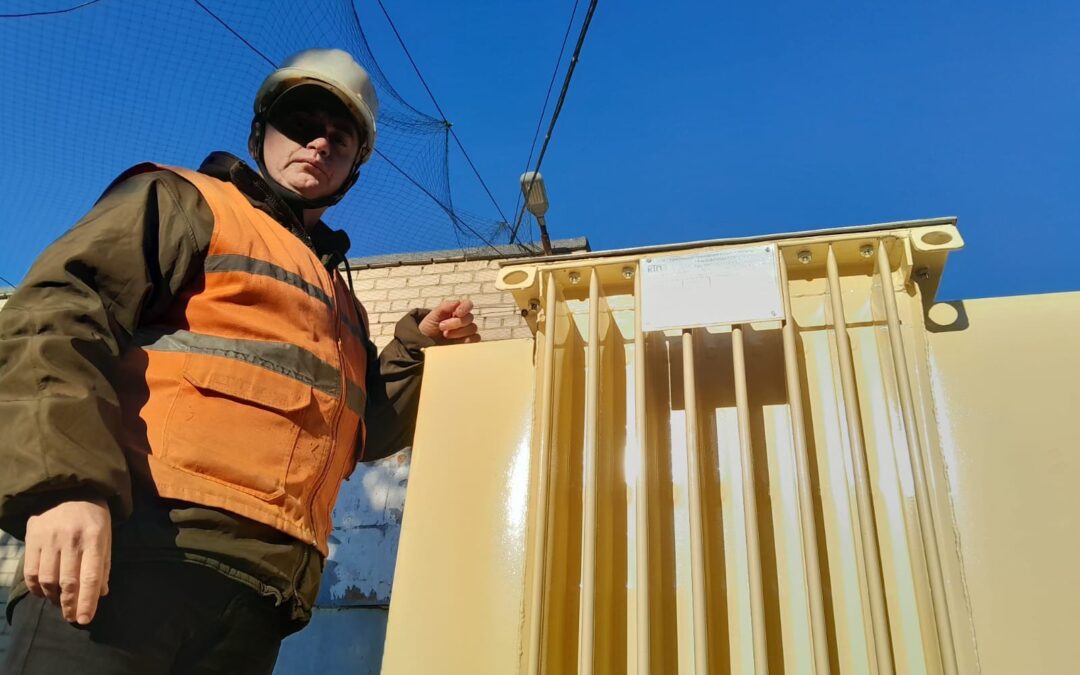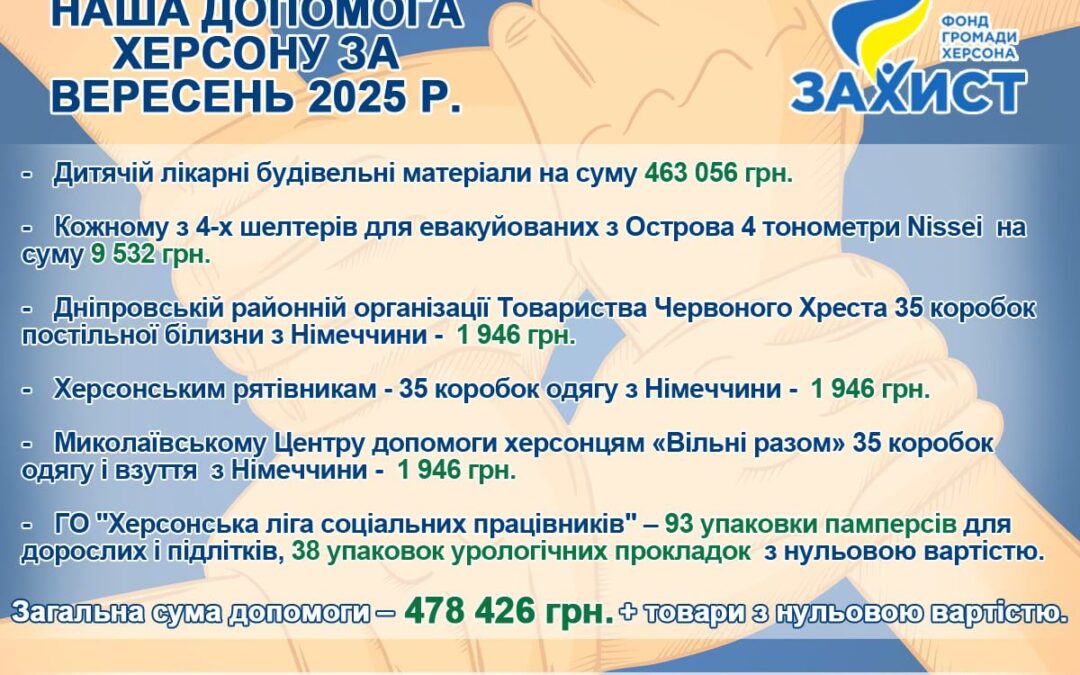Report on the results of an online survey based on an interactive structured questionnaire, the link to which was sent to potential respondents from the database (Kherson Community Research Online Panel).
he purpose of the study: to find out the attitude of Kherson residents to the draft order of the Ministry of Education and Science of Ukraine “On the conditions for obtaining secondary education in the context of martial law in Ukraine”.
Key Findings:
The majority of respondents (77%) have at least heard of the draft order, and 26% are familiar with it. If we look at the distribution by location, the share of those who have heard about the order for the first time is higher among current residents of the Kherson community (27%) than among people who have left (18%). The latter group also has the largest share of those who are well acquainted with the project (30%).
Support for certain clauses of the order is mixed. The least supported measure by the respondents was the closure of schools that were relocated from the TOT and now work remotely. Here, the total share of those who answered “mostly do not support” and “do not support” is 67%. The most supported measure is the clause on transferring students living in the TOT to individual, distance learning. 25% of respondents support and 31% rather support such a policy. The clause on transferring IDP students from remote schools to schools of actual residence received the most mixed responses. 44% support or mostly support such a decision, while 45% do not support or mostly do not support it.

The responses regarding support for experts’ assessments are more similar to one another. Almost half (47%) of respondents fully agree. Another 32% rather agree that the order will lead to the loss of access to the Ukrainian secondary education system for children from TOT, and that one of the effects will be the loss of ties between the state of Ukraine and citizens living in TOT (48% strongly agree and another 32% somewhat agree). Other expert assessments were also supported (fully or partially) by the vast majority of respondents.
When asked whether the system of secondary education should be changed during martial law, the answers are balanced, but respondents give a slight preference to the idea that it is mostly unnecessary (25%) or completely unnecessary (26%).
Experts’ suggestions for avoiding the risks posed by the draft order are also widely supported. The most unambiguous answers were given to the proposal to provide secondary education for children from TOT in a remote synchronous format, which can preserve ties between the state and citizens in occupation (54% fully support, 35% somewhat support). The idea of forming a network of schools that have been displaced and will be involved in the renewal of education after de-occupation is fully supported by 43%, and another 43% somewhat support it. After all, 39% fully support the proposal to develop and approve the Procedure for obtaining secondary education remotely by certain groups of students, and 44% somewhat support this idea.
You can read the full report by downloading it:
Join the new surveys on the platform Hear the community of Kherson
Your opinion is important!
This research was conducted by the Zakhyst Kherson Community Foundation Charitable Organization as a part of its project implemented under the USAID/ENGAGE activity, which is funded by the United States Agency for International Development (USAID) and implemented by Pact. The consents of this research are the sole responsibility of Pact and its implementing partners and do not necessary reflect the views of USAID or the United States Government
Reproducing and using any part of this product in any format, including graphic and electronic, copying or any other usage is suitable to reference to the source.
